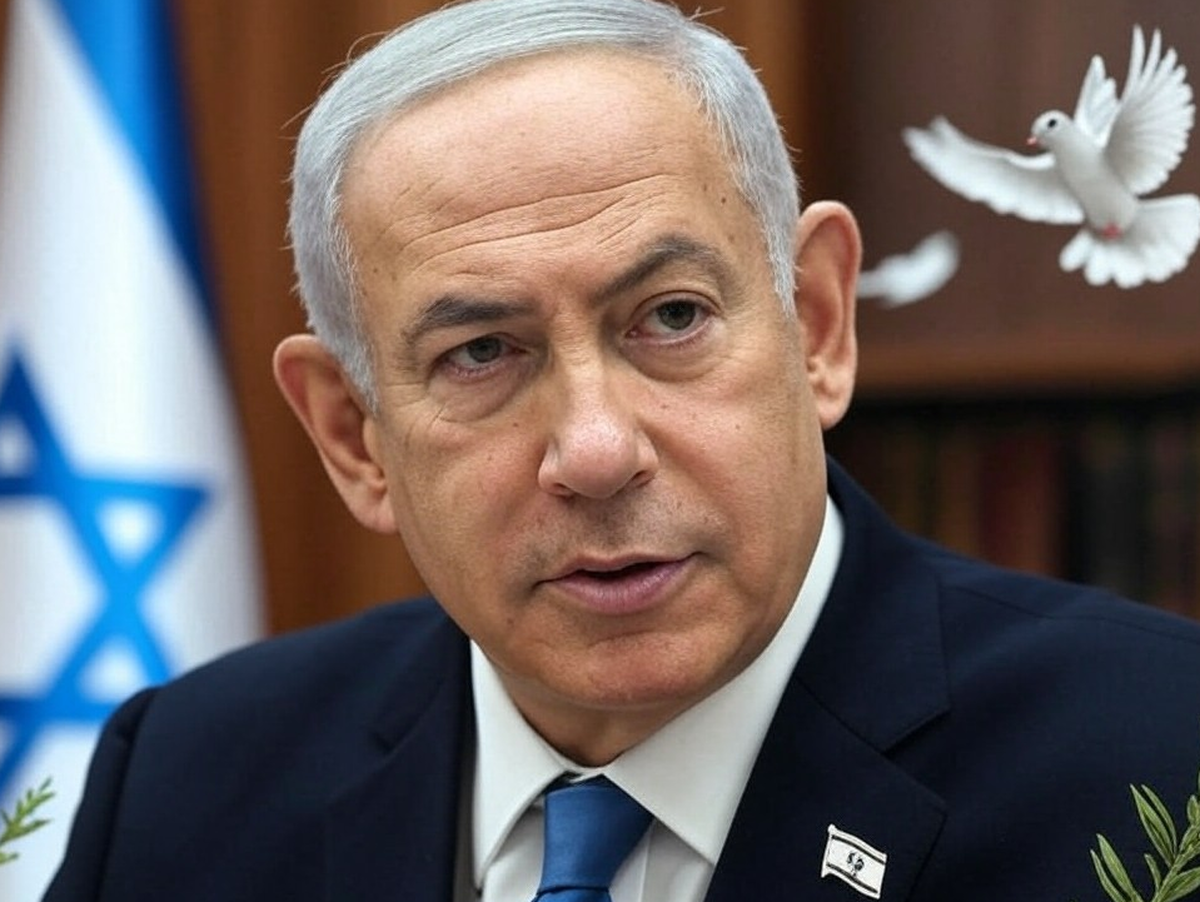PHILADELPHIA, PA - In a significant development, Israel and Hamas are reportedly on the verge of agreeing to a ceasefire deal that would include the release of 34 hostages in its initial phase. The negotiations, which have been ongoing with the mediation of the United States, Egypt, and Qatar, aim to culminate in a multi-stage agreement designed to address both immediate humanitarian needs and long-term stability in the region.
The proposed deal outlines a ceasefire lasting between 40 to 65 days, during which time the first phase would see the liberation of 34 Israeli hostages. This group is said to include individuals who are elderly, infirm, or female, in exchange for an as-yet-undisclosed number of Palestinian prisoners, including some serving life sentences. The agreement also stipulates that Israeli Defense Forces (IDF) would withdraw from densely populated areas of Gaza, marking a temporary halt to hostilities to facilitate the release process and allow humanitarian aid to reach those in need.
Despite the apparent progress, Israeli officials have tempered expectations, cautioning that the agreement is not imminent. Key points of contention include the exact number of Palestinian prisoners to be released and the specifics of IDF troop movements. These unresolved issues highlight the complexity of such negotiations, which aim to balance security concerns with humanitarian imperatives.
The discussions reflect a broader effort to not only secure the release of hostages but also to pave the way for a more durable peace. The ceasefire would serve as a critical pause in a conflict that has caused widespread devastation in Gaza, displaced hundreds of thousands, and resulted in significant loss of life.
The involvement of international mediators underscores the global interest in resolving the conflict, with the U.S., Egypt, and Qatar playing pivotal roles in bridging the gaps between the two sides. However, the road to a finalized agreement remains fraught with challenges, as each side seeks concessions that align with their strategic and political objectives.
As the talks continue, the international community watches closely, hopeful for a breakthrough that could lead to a reduction in violence and an eventual path toward reconciliation and peace in the region.







